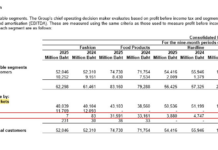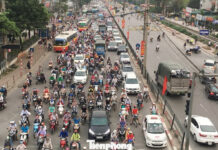Amidst the scorching heat of Ho Chi Minh City, along the Saigon River, hundreds of Vietnamese engineers accomplished what seemed like an impossible feat: raising the entire Binh Trieu 1 Bridge—a massive 11,000-ton steel and concrete structure—by over 1 meter. This remarkable achievement, a testament to Vietnamese engineering prowess, was completed with Vietnamese engineers taking the lead in mastering the technology.
The Binh Trieu 1 Bridge, located on National Highway 13—a vital artery connecting Ho Chi Minh City with Binh Duong and the Southeast region—was constructed before 1975. Its steel-concrete structure had deteriorated after nearly half a century of use.
According to inland waterway traffic planning, the bridge’s clearance (the distance from the water’s surface to the underside of the bridge) was only about 5.5 meters—far below the standard 7–9.5 meters. This prevented large cargo ships from passing through. Demolishing the old bridge and building a new one would cost hundreds of billions of dong and cause significant traffic congestion at the city’s gateway. Thus, the chosen solution was to raise the entire bridge by over 1 meter, ensuring sufficient clearance for vessels while preserving the existing structure.
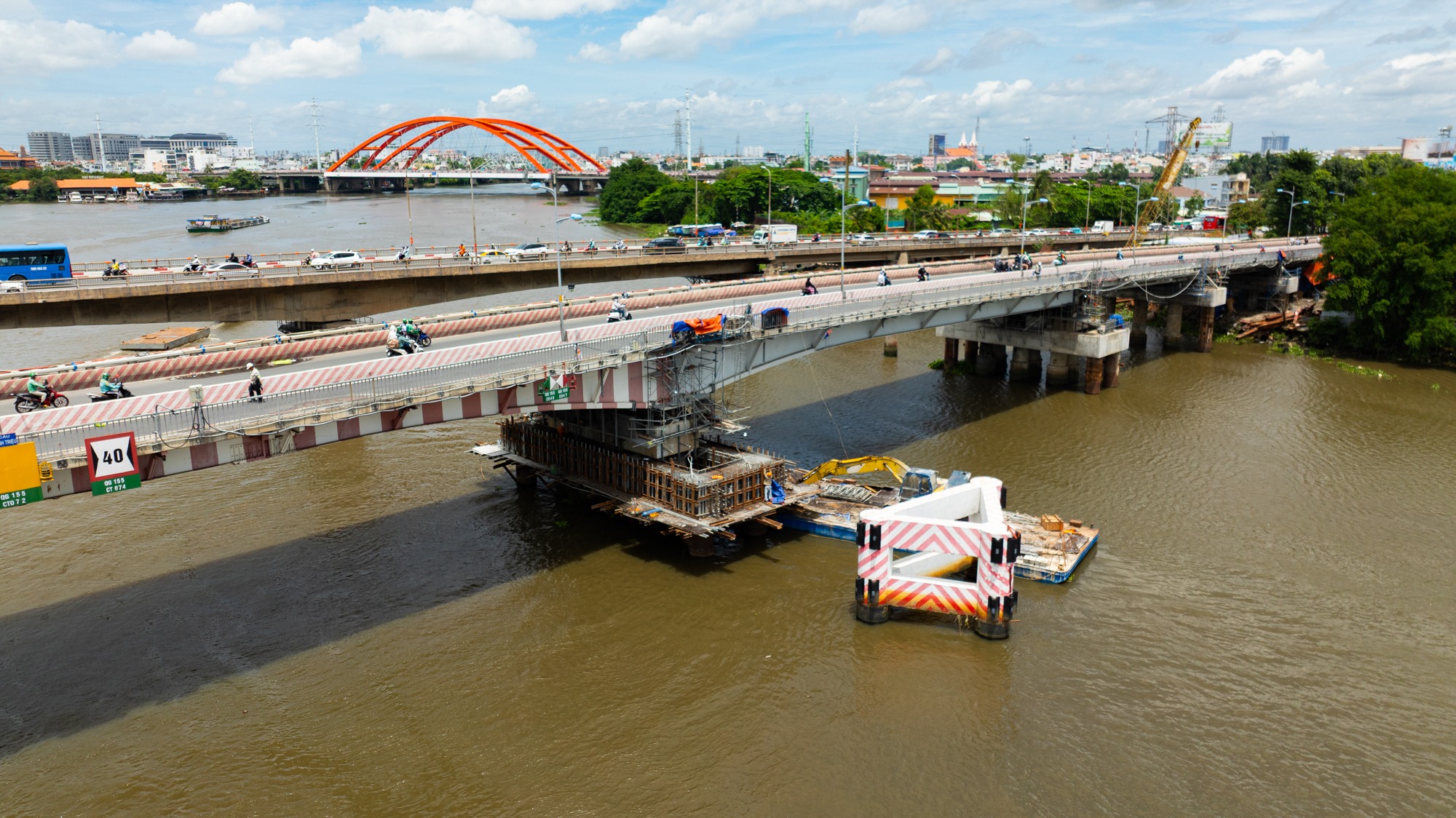
Vietnamese engineers utilized 106 hydraulic jacks positioned beneath the bridge spans.
The bridge renovation began in late 2024. The most critical and complex phase involved lifting the entire 11,000-ton structure, increasing its height by 1.08 meters, from late August to November. This was the project’s most challenging stage.
The project employed 106 hydraulic jacks beneath the bridge spans, including 76 with a 400-ton capacity and 30 with a 500-ton capacity. All were connected to sensors and controlled via a central computer, maintaining an error margin of less than 1 mm. The bridge was raised by 4–8 cm daily, with continuous vibration monitoring.
The bridge consists of 16 concrete spans and three main steel spans. During its 2010 renovation, the contractor connected them into four continuous spans, each 140 meters long. The lifting process was executed sequentially from span 1 to 4, then repeated to ensure uniformity. This method, akin to the “genie” technique used in house lifting, was far more complex and saved trillions of dong compared to building a new bridge.
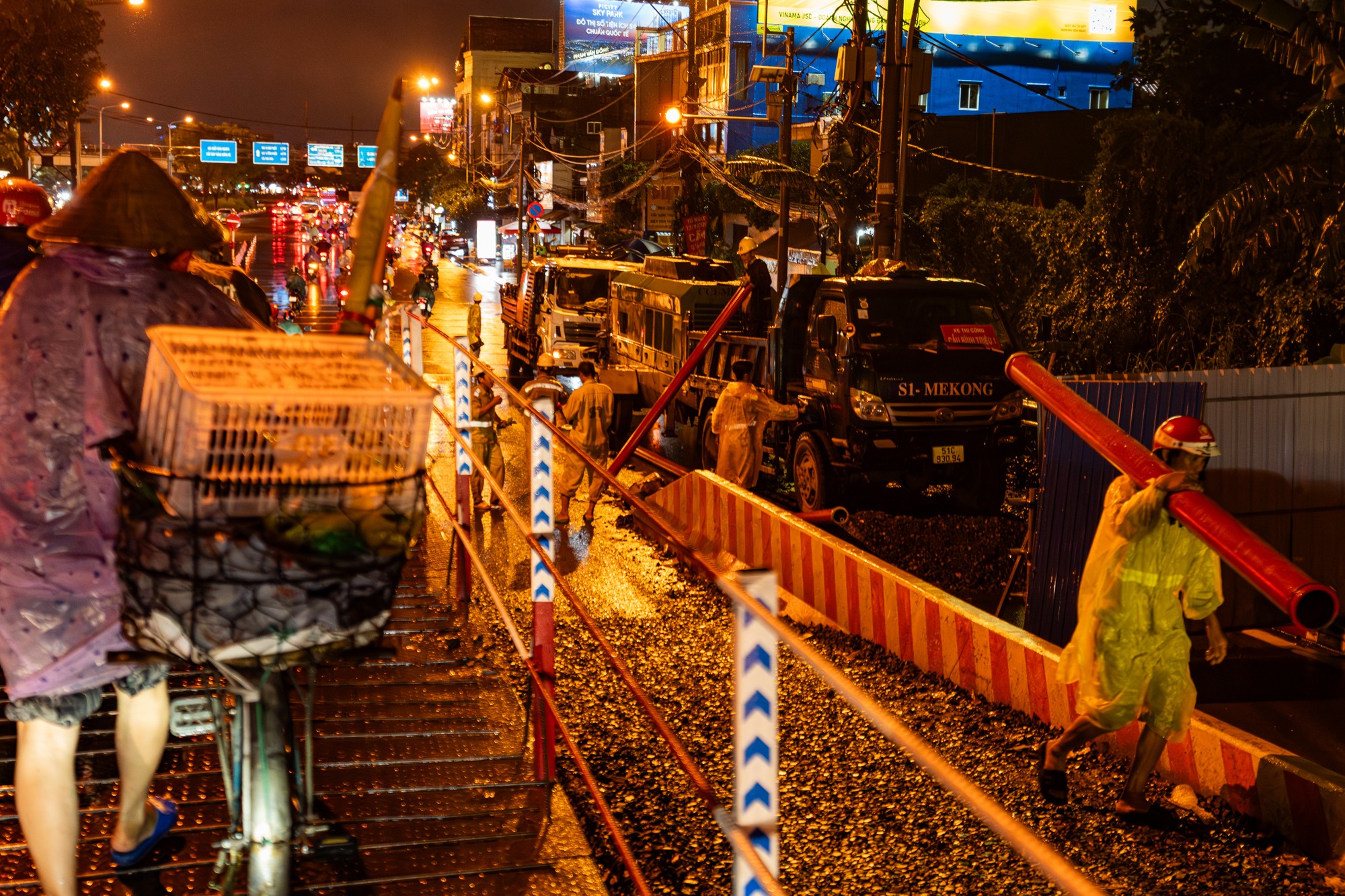
Over 100 engineers and workers coordinated technical, supervisory, and construction tasks to expedite progress.
The most challenging phase, the lifting process, took approximately one month. The following two months were dedicated to reinforcement and load testing before the bridge’s reopening. Over 100 engineers and workers collaborated on technical, supervisory, and construction tasks to accelerate progress.
After more than a month of intensive work, on September 30th, the Binh Trieu 1 Bridge—a vital link across the Saigon River—completed its clearance elevation phase.
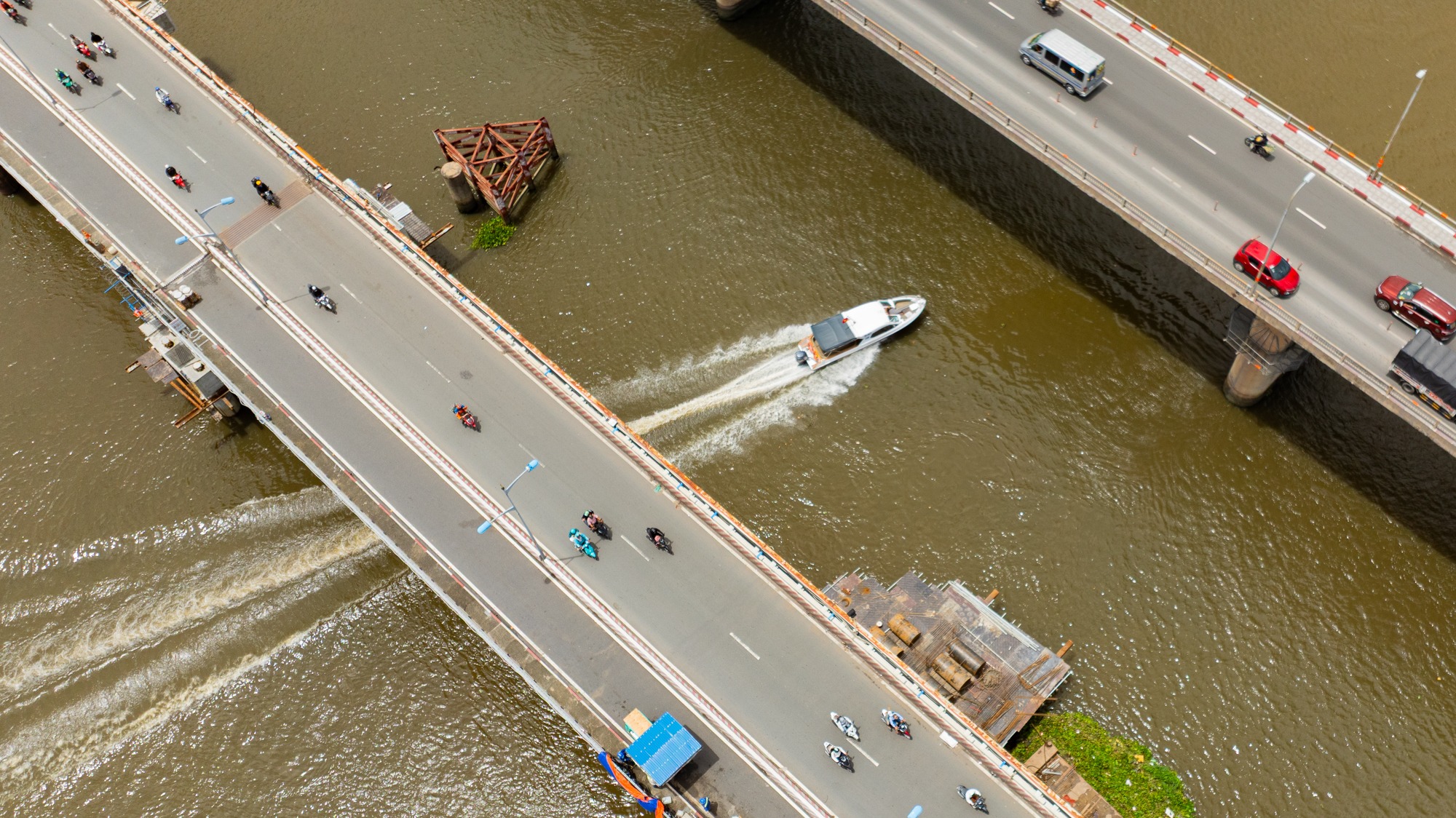
In just one month, Vietnamese engineers successfully raised the Binh Trieu 1 Bridge by 1.08 meters. (Photo: Quoc Hoang)
Mr. Nguyen Viet Quang, Head of Infrastructure Management Department 2 (Ho Chi Minh City Department of Construction’s Traffic Infrastructure Management Center), shared with the press that while hydraulic lifting technology is not new globally, raising such a large bridge to this height was unprecedented in Vietnam.
According to Mr. Quang, Vietnamese engineers, after receiving training and technology transfer, handled the entire lifting operation. Initially, foreign experts provided consultation, but all subsequent stages were executed independently by Vietnamese personnel.
The most remarkable aspect was the unwavering determination to tackle challenges previously deemed insurmountable. This marked the first time such a large-scale technique was applied in Vietnam.
“Sunshine Homes Series Live Stream Coming Soon: September 30th & October 3rd – Spotlight on South Saigon, Starting from 5.3 Billion VND”
Following the successful pricing of Sunshine Sky City apartments on the NobleGo livestream, Sunshine Group is set to further heat up the real estate market in South Ho Chi Minh City. For the first time, the Noble Crystal Riverside project will be featured live on September 30th and October 3rd, offering spacious apartments starting at just 5.3 billion VND.











